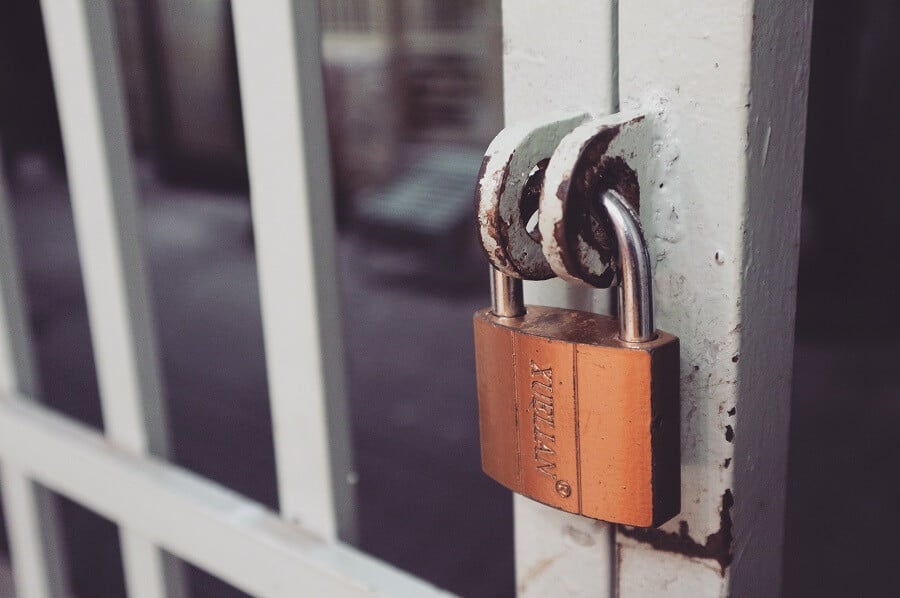Is an SSL certificate mandatory for my website?
An SSL certificate has become increasingly important in recent years and must now be installed for almost every website. This is mainly due to the changes in data protection legislation. With the AVG, a large number of websites are now required to install an SSL certificate on your website. In this blog post, we'll take a look at whether this is necessary for your website and how you can do it.
SSL certificate is mandatory as soon as personal data is processed
For the vast majority of webmasters running a website, it will be true that installing an SSL certificate is mandatory, which is not just a suggestion. But also required by law. If you don't encrypt the data and connections coming through your website, you might run into problems with it. But what are some examples where this is required? Let's list some examples:
- A user can place an order on your website
- A user can leave a message or comment on your website
- A user can sign up for a newsletter
- A user can become a member or customer on your website
- You have a contact form
Virtually every modern website falls under this. So, as soon as you have even a single input field on your website, it is necessary to have an SSL certificate installed.
Also, any modern browser will indicate that a website is not secure if you don't have an SSL certificate enabled, so this can be a deterrent for visitors and even cause your search engine position to drop to the lowest ranks. So for the sake of your website's security, don't take any chances and get an SSL certificate now.
Free SSL certificate or paid SSL certificate?
In principle, you don't have to pay anything extra for an SSL certificate. Our packages already include a free option that you can use. SSL certificates from Lets Encrypt are a great option for hobby website or personal projects. So, if you don't have such a big budget, you can still install and use them.
However, we recommend anyone who runs a production website or a website with which you want to serve customers to opt for a paid SSL certificate from Sectigo. This is because it is guaranteed and exudes more trust. We have explained the exact advantages and disadvantages of a paid SSL certificate compared to a free SSL certificate in more detail in a previous blog article.
SSL certificate should also be installed properly - Force all traffic over SSL
If you want to install an SSL certificate on your website yourself, you should follow our knowledge base articles. We explain exactly what steps you should take to enforce SSL on your website. Once you do not enforce an SSL certificate, you are still not acting correctly in terms of the law. You can achieve this by enforcing it via the web.config file. This ensures not only the fastest redirection, but also the most secure option.
If you have ordered a paid SSL certificate, we will do this work for you. Once the SSL certificate is fully active, you will receive a confirmation from us.
Just install it via MijnHostingPartner.nl
So whether you want to use a free SSL certificate or a paid SSL certificate, it's hassle-free at MijnHostingPartner.nl. And if you still have the question if it is mandatory for your website, it is best to create a ticket for it at the helpdesk. We will check for you if this is necessary for your specific website. However, in almost all cases this will be the case.
Have you not yet installed an SSL certificate for your website? Then take action today and arrange for this.
